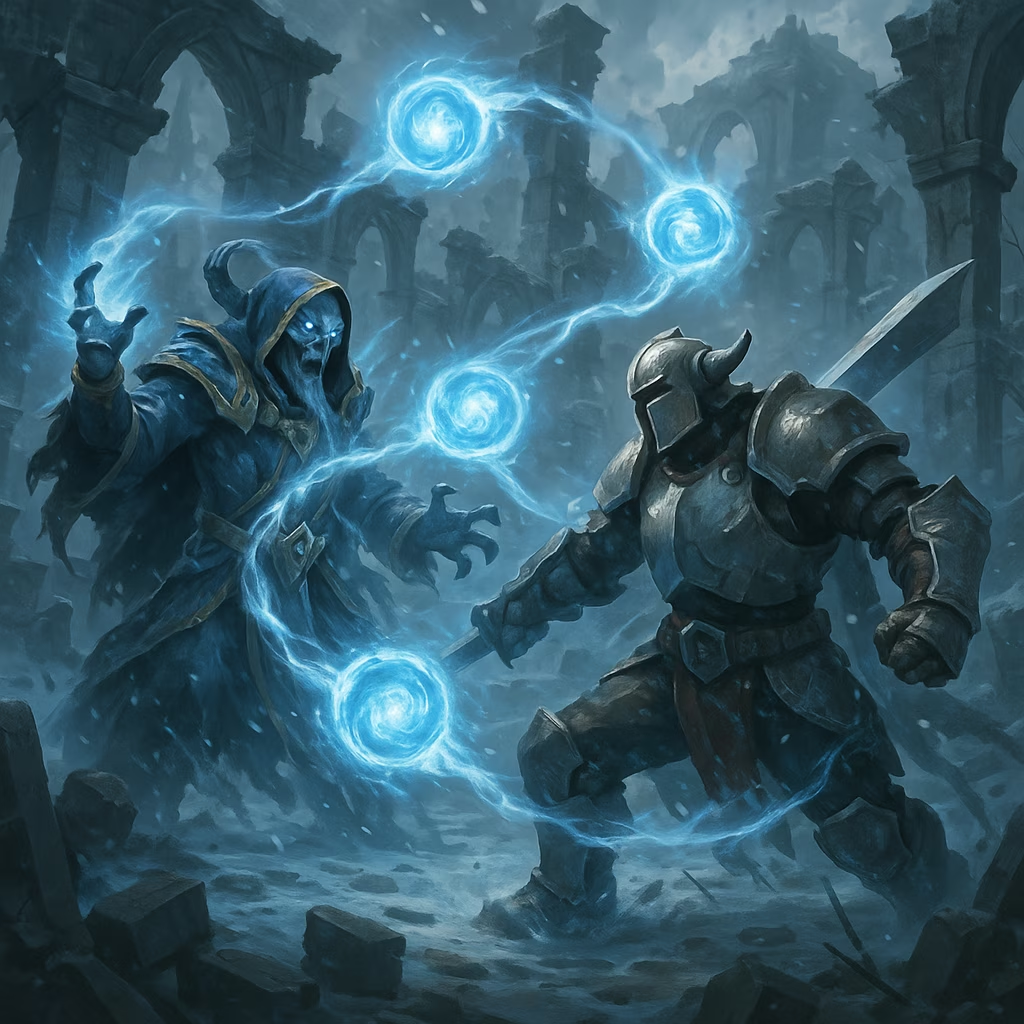The video game landscape in 2025 continues to be transformed by an undeniable force: players who evolve into creators. What begins as fandom often blossoms into full-fledged development, with communities banding together to reimagine classics or forge entirely new experiences. These collective efforts demonstrate how player passion can reshape entire genres and redefine what games become when fans control the narrative. 
Valve's ecosystems have consistently sparked revolutionary community projects. Consider Half-Life's journey: while the 1998 original remains iconic, dedicated fans modernized it through Black Mesa. Valve recognized the mod's brilliance, funding its transition into a full remake that expanded levels while preserving the original's magic. This pattern repeated when a tactical shooter mod emerged from Half-Life's framework, evolving into Counter-Strike—now one of gaming's most enduring franchises. The Source engine further enabled phenomena like Garry's Mod, where player-created modes such as Prop Hunt and DarkRP spawned entire subcultures. 🎮
| Community Project | Origin Game | Industry Impact |
|---|---|---|
| Black Mesa | Half-Life | AAA-quality remake |
| Counter-Strike | Half-Life | Defined tactical shooters |
| DotA | Warcraft 3 | Created MOBA genre |
| Garry's Mod | Half-Life 2 | Sandbox revolution |
Rhythm gaming thrives through similar communal energy. StepMania began as a Dance Dance Revolution alternative but exploded via player contributions—custom songs and themes turned it into a living archive of rhythm culture. Parallelly, Frets on Fire captured Guitar Hero's spirit while embracing open-source freedom. Its community uploads thousands of tracks, ensuring infinite replayability through crowd-sourced content. These titles prove rhythm isn't just about beats; it's about shared creation.
The strategy realm showcases equally impressive collaborations. Defense of the Ancients started as a Warcraft 3 mod before becoming the cornerstone of the MOBA genre. Valve again recognized its potential, polishing it into Dota 2—a competitive titan still dominating esports in 2025. Meanwhile, The Battle for Wesnoth built intricate turn-based systems where players design campaigns rivaling professional studios' work. Its lore-rich scenarios, crafted by tactical RPG enthusiasts, continuously expand years after launch.
Most unexpectedly, anonymous forum collaborations birthed masterpieces like Katawa Shoujo. Developed by 4chan users focusing on disabilities and trauma, its siloed development approach seemed destined for failure. Yet the visual novel emerged as a nuanced exploration of resilience, challenging assumptions about both crowd-sourced projects and sensitive storytelling. Its success whispers an intriguing question: what other unconventional ideas might flourish if given communal trust? 💭
-
🔧 Modding Magic: Tools empowering player creativity (Source engine, StepMania's open framework)
-
🌍 Evergreen Worlds: Games sustained by perpetual community updates (Frets on Fire, Wesnoth)
-
⚡ Industry Catalysts: Mods that birthed genres (DotA → MOBA, Counter-Strike → esports)
As these passion projects demonstrate, gaming's evolution increasingly blurs lines between player and creator. Whether reviving classics or inventing genres, communities transform nostalgia into innovation—proving that sometimes, the most compelling developers aren't in boardrooms, but in forums and modding teams. Their legacy? Games that keep breathing because players never stop building.
```This discussion is informed by Gamasutra (Game Developer), a leading resource for developer insights and industry trends. Their extensive coverage on community-driven projects and modding culture underscores how player innovation—such as the evolution of Counter-Strike and Dota from humble mods to global phenomena—continues to shape the future of game development and inspire new generations of creators.